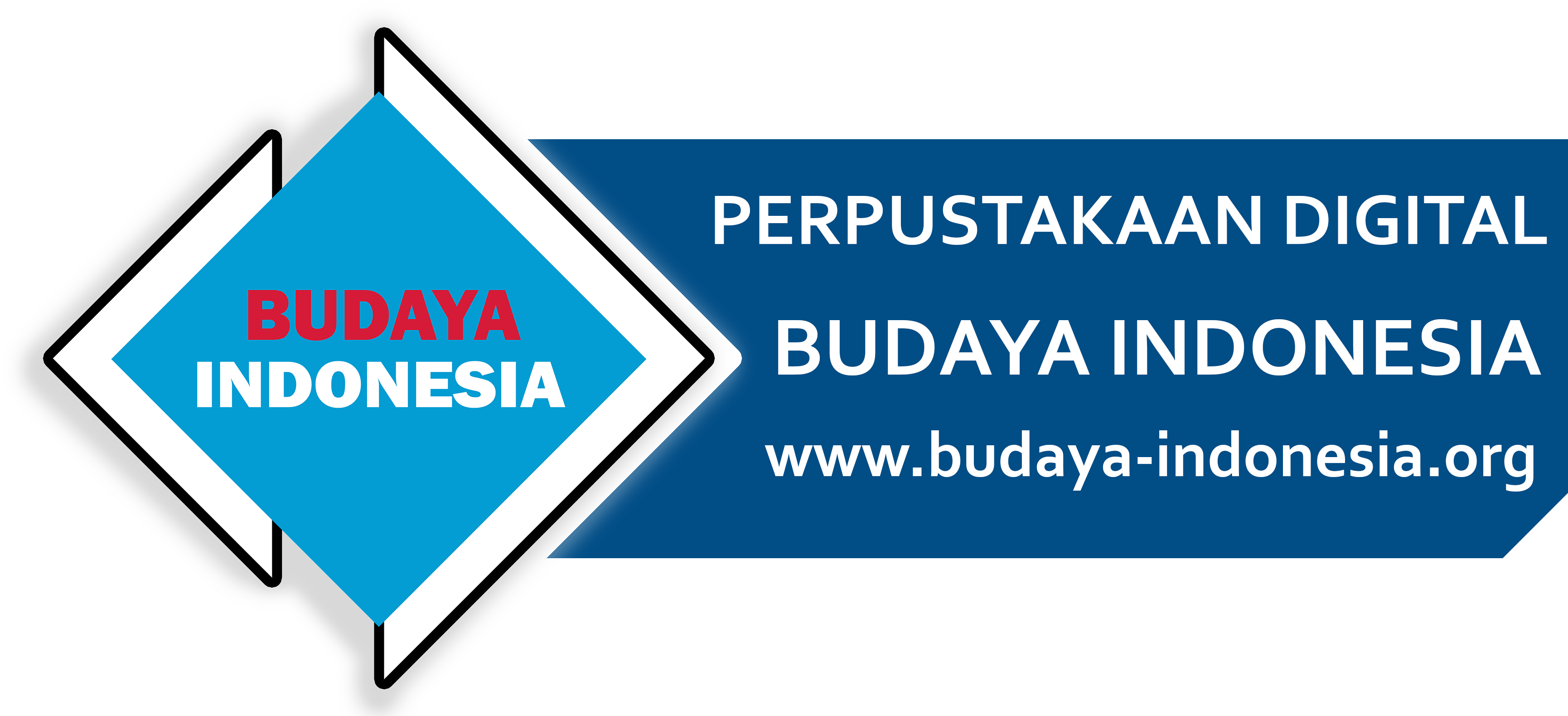Tambo and the Eternal Pulse of Minangkabau Culture
INFOBUDAYA.NET — Culture is inseparable from the soul of a community. In the realm of Minangkabau society, this truth reverberates in every breath of life, where ancestral legacy is not a relic of the past, but a living principle that persists through time. Among the most profound expressions of this cultural inheritance is Tambo—the oral tradition that embodies the heart, memory, and conscience of Minangkabau civilization.
Tambo is not merely a collection of stories; it is a compass that guides the Minangkabau people through the complex currents of life. Rooted in oral transmission and performed in rhythmic repetition, Tambo captures the origin of clans, legendary tales, social structures, and the ancestral wisdom that shaped Minangkabau identity. It recounts not only what happened, but why it matters, transforming history into a living lesson. In a world increasingly preoccupied with rapid modernization, Tambo stands as a testament to how culture can preserve its soul through words passed from mouth to mouth, from one heart to another.
Central to Minangkabau’s cultural structure is its matrilineal system—an uncommon thread in the tapestry of world cultures. This system informs the distribution of inheritance, marriage customs, and leadership roles. Tambo affirms and legitimizes these customs, ensuring that each generation understands its role within the broader framework of society. Within the verses of Tambo, one finds not only genealogies and legal codes, but also a blueprint for ethical living, emphasizing justice, communal support, and respect for elders.
There are two primary forms of Tambo: the Tambo Alam, which narrates the origins of the people and the founding of the Minangkabau kingdom, and the Tambo Adat, which outlines customary laws and systems of governance. These two forms reflect the duality of existence—of being and order, of origin and structure—providing both roots and direction for Minangkabau society.
The value of Tambo is not static. It evolves as it is revisited, rewritten, and relived through ceremonies and communal reflections. An inspiring example comes from Nagari Pakan Rabaa Timur, where the local leadership took a bold step in investing community resources to document and revitalize their Tambo. By inviting experts and elders, and formally writing both their Tambo Alam and Tambo Adat, they demonstrated that cultural preservation is an act of collective responsibility, not just nostalgia.
In today’s globalized era, however, Tambo faces a formidable challenge: continuity. Many assume that tradition is self-sustaining and immune to erosion. But like any living organism, culture requires care, relevance, and intentional practice. Without it, the soul of a people risks fading into silence. Ironically, the very tools of globalization—social media, digital platforms, and content creation—can become powerful allies in cultural preservation. Technology can breathe new life into Tambo. Through YouTube videos, Instagram reels, podcasts, or digital storytelling, the younger generation can reinterpret ancient wisdom for modern ears, making the old new again. This generation, with its unprecedented access to information and reach, holds the potential to ensure that Tambo is not only remembered but celebrated.
But Tambo is more than just heritage—it is education. It is through Tambo that young people can connect with their grandparents, with the values that shaped their communities, and with the land that gave them life. It teaches principles like familial unity, communal justice, and moral integrity—values that remain deeply relevant even in our technologically advanced societies. In listening to Tambo, they do not merely learn about the past; they learn about themselves.
To preserve Tambo is to preserve identity. It is to recognize that in a world of shifting allegiances and cultural homogenization, there is strength in remembering where we came from. For the Minangkabau people, Tambo is not a fading echo but a living pulse—a reminder that culture, when nurtured, is eternal.
Reference:



Tidak Ada Komentar